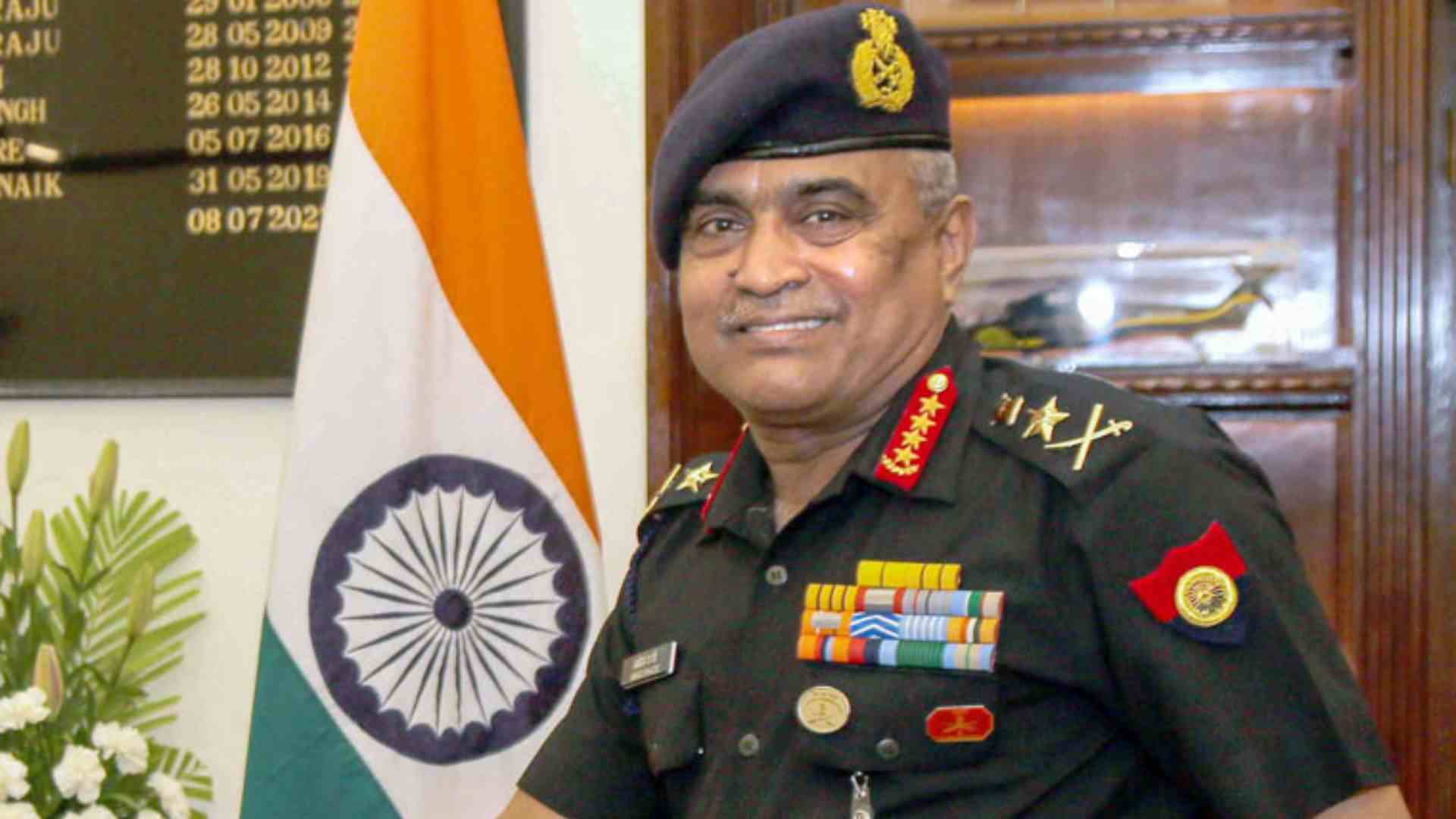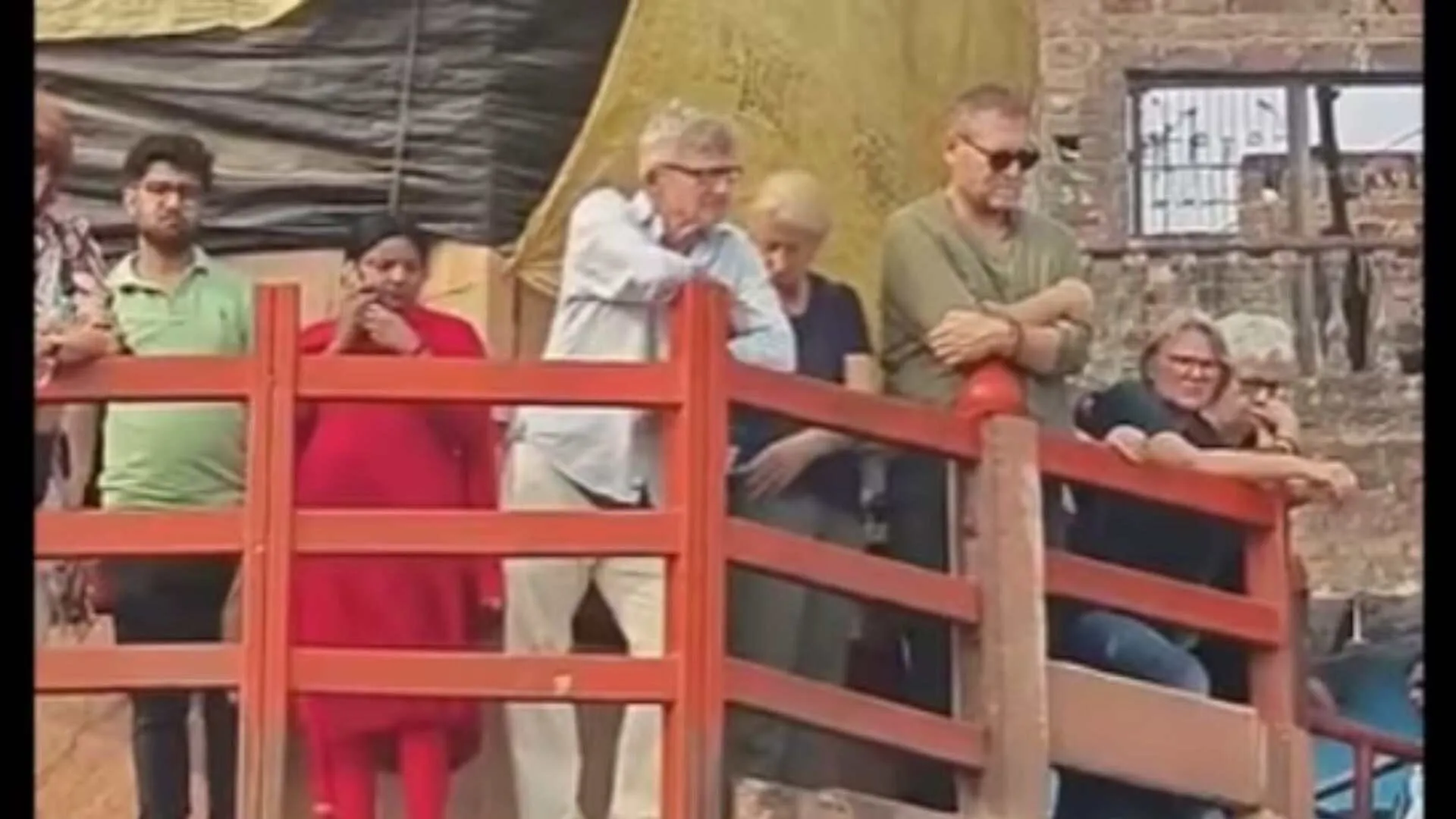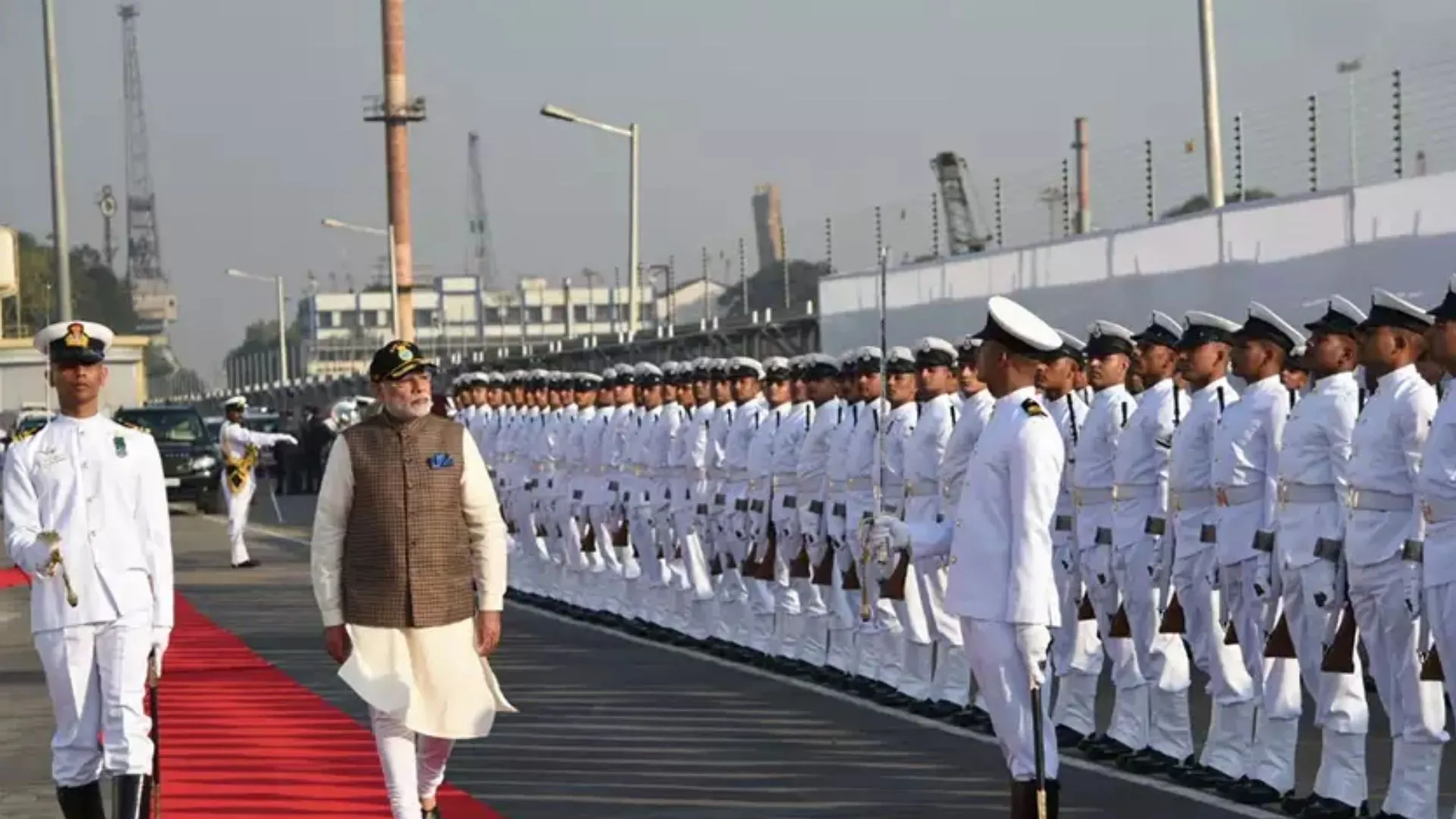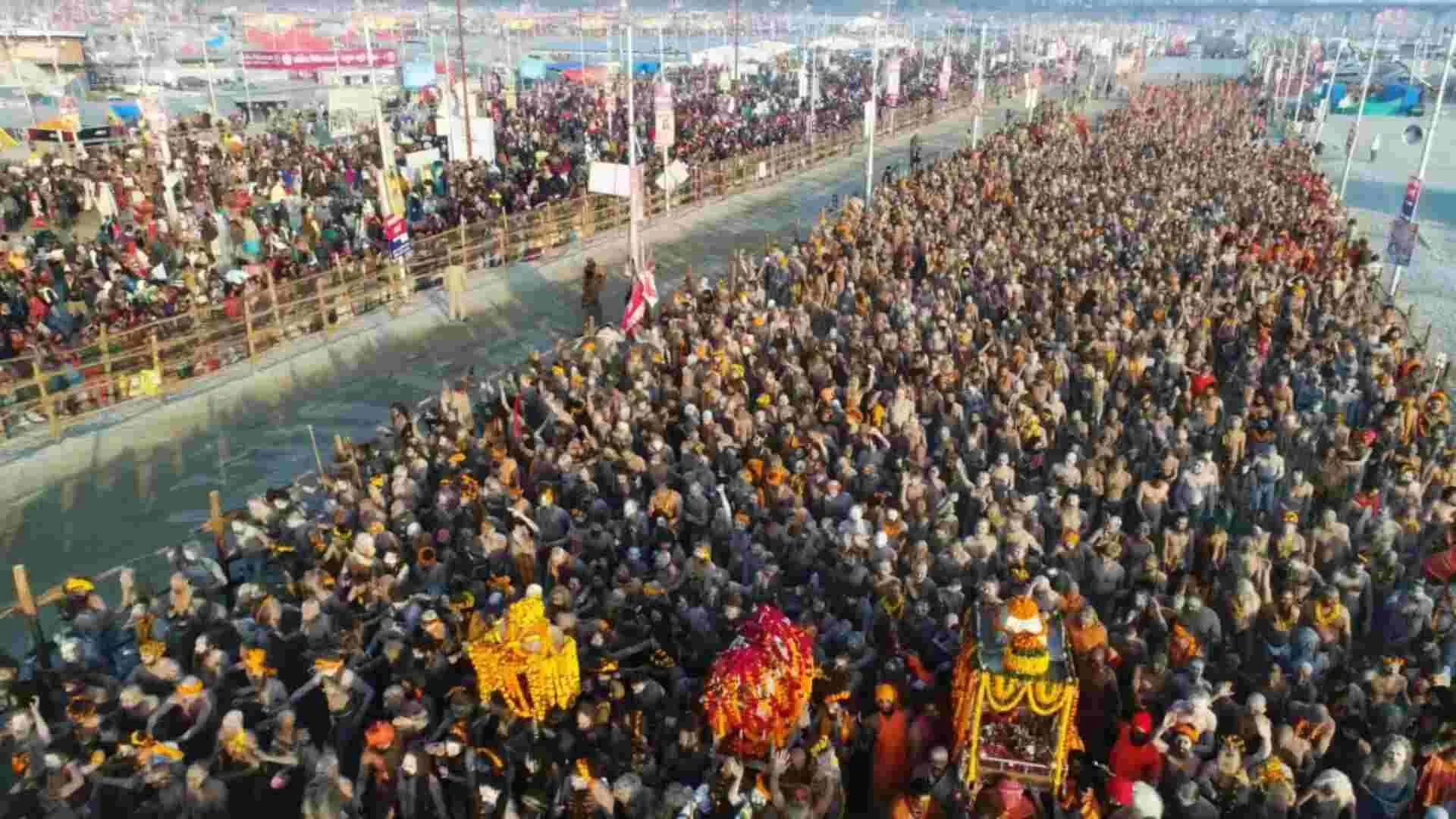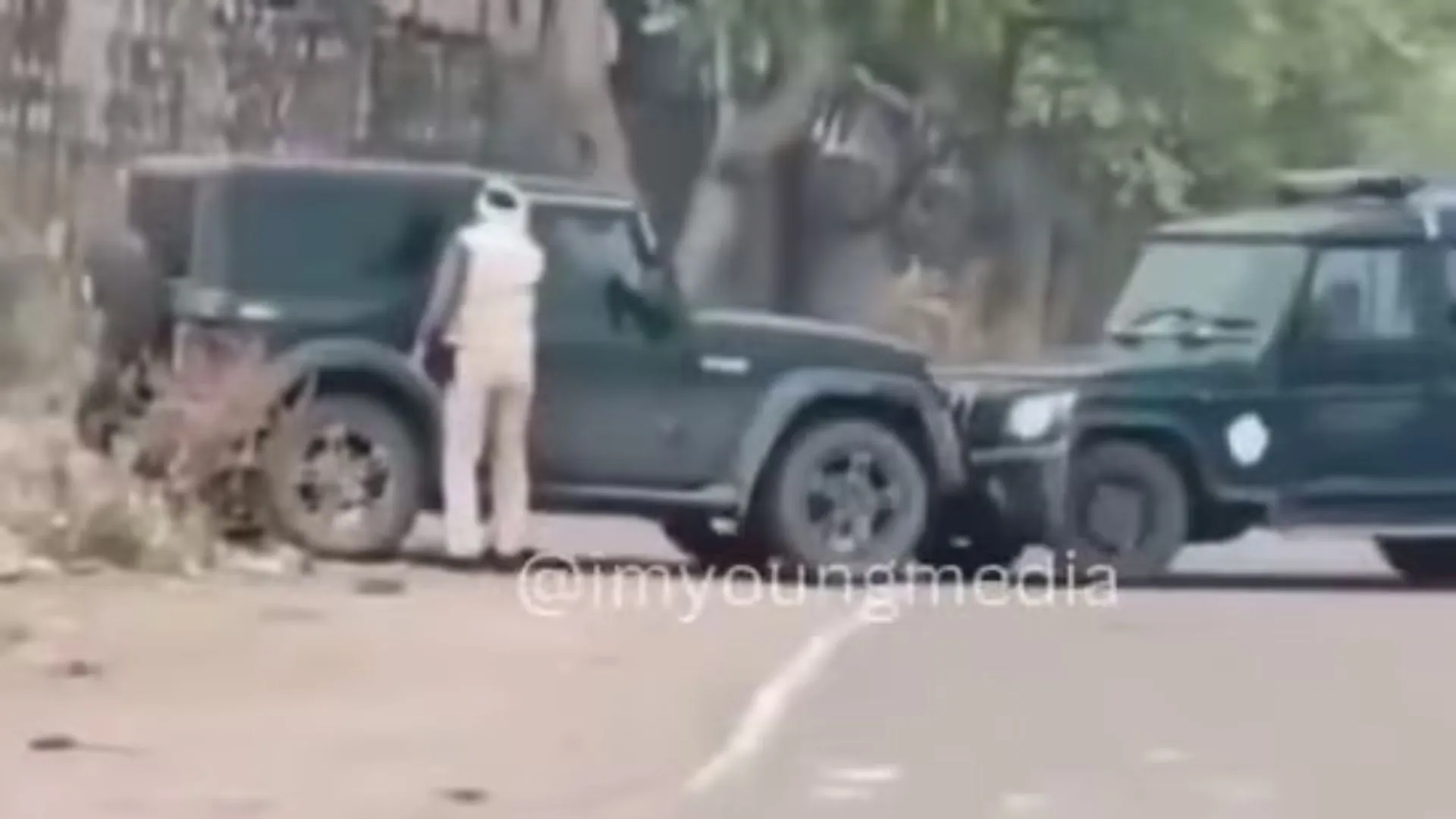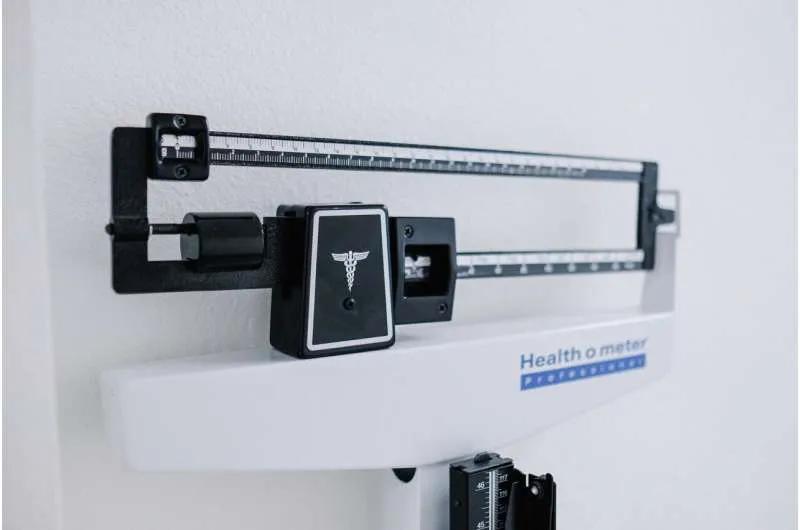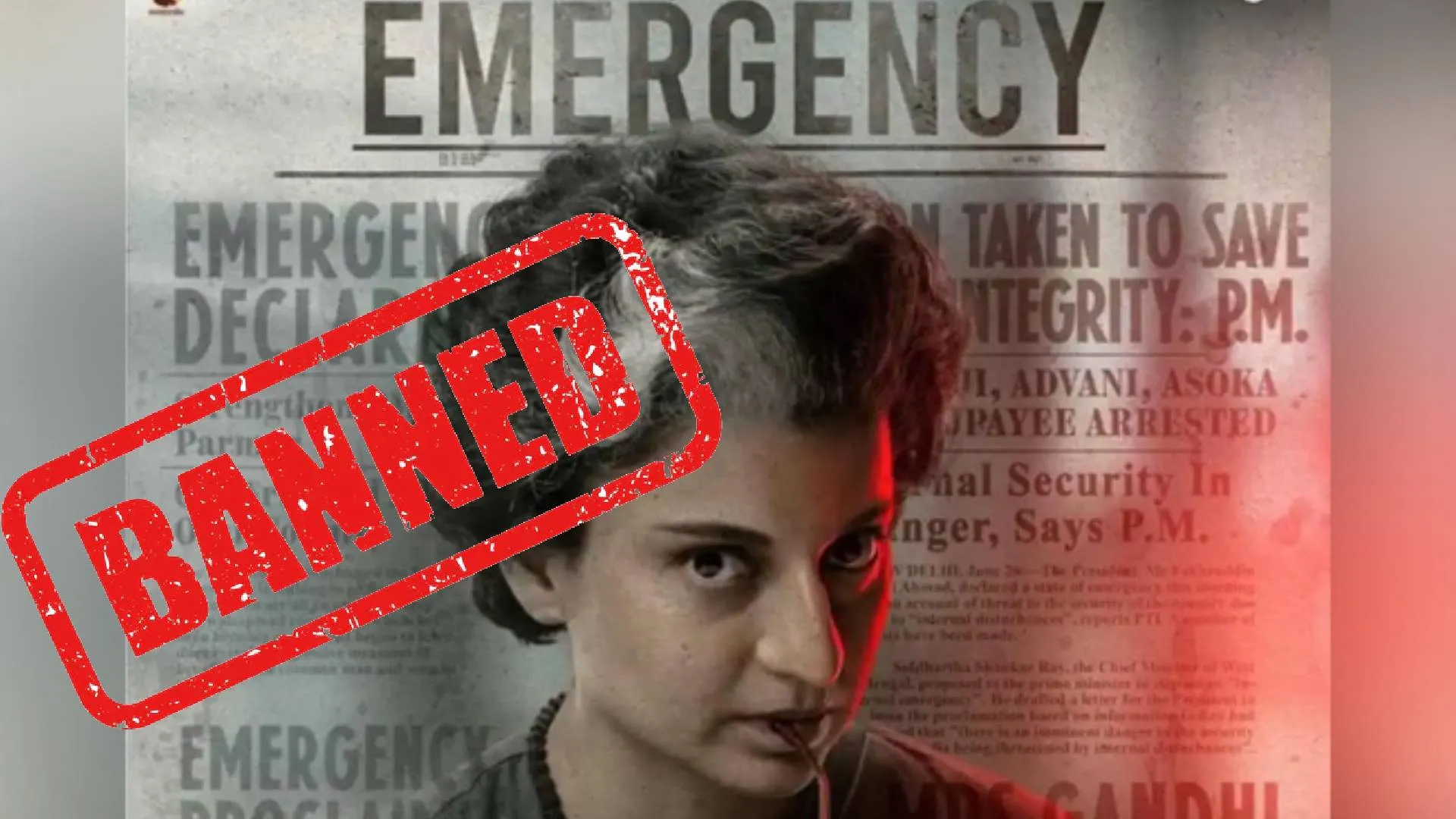General Manoj Pande retired today after over four decades of distinguished service, stepping down from his role as Chief of the Army Staff (COAS). The Ministry of Defence highlighted his tenure for enhancing combat readiness, advancing transformation efforts, and promoting self-reliance initiatives.
According to a statement released on Sunday, General Pande prioritized operational readiness along India’s northern and western borders. He regularly visited forward areas in Jammu & Kashmir, Eastern Ladakh, and the North East to assess operational readiness and the morale of military personnel.
General Manoj Pande led a comprehensive transformation of the Indian Army, emphasizing technological integration across five key areas. Significant measurable advancements were achieved through these initiatives, aimed at preparing the Indian Army to become a modern, agile, adaptive, and technologically-enabled force ready for future challenges.
The release highlighted General Manoj Pande’s focus on integrating indigenous weapons and equipment through the ‘Atmanirbharata’ initiative, ensuring the long-term sustainability of the Indian Army. He also prioritized human resource development initiatives that positively affected the lives of current personnel, their families, and veterans.
During his tenure as COAS, General Manoj Pande promoted bilateral and multilateral exercises, seminars, and discussions. He established the Chanakya Defence Dialogue to conduct thorough assessments of security challenges in South Asia and the Indo-Pacific region. Additionally, he emphasized military diplomacy by organizing the Indo-Pacific Armies Chiefs Conference (IPACC) and expanding the scale and scope of annual exercises with partner nations.
The General Officer began his military career at the National Defence Academy and was commissioned in December 1982 in the Corps of Engineers (The Bombay Sappers). Throughout his distinguished career, he held significant command and staff positions in various operational settings. In recognition of his outstanding service, he has been honored with the Param Vishisht Seva Medal, Ati Vishisht Seva Medal, and Vishisht Seva Medal.

